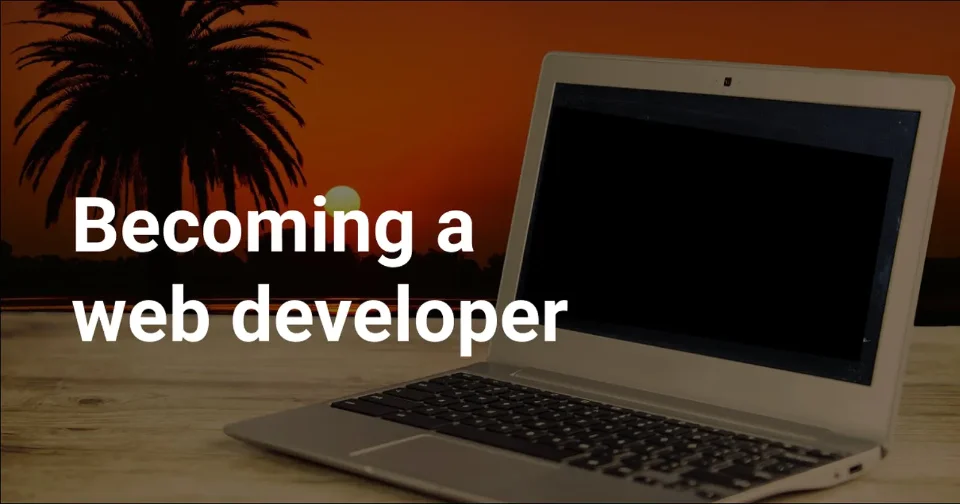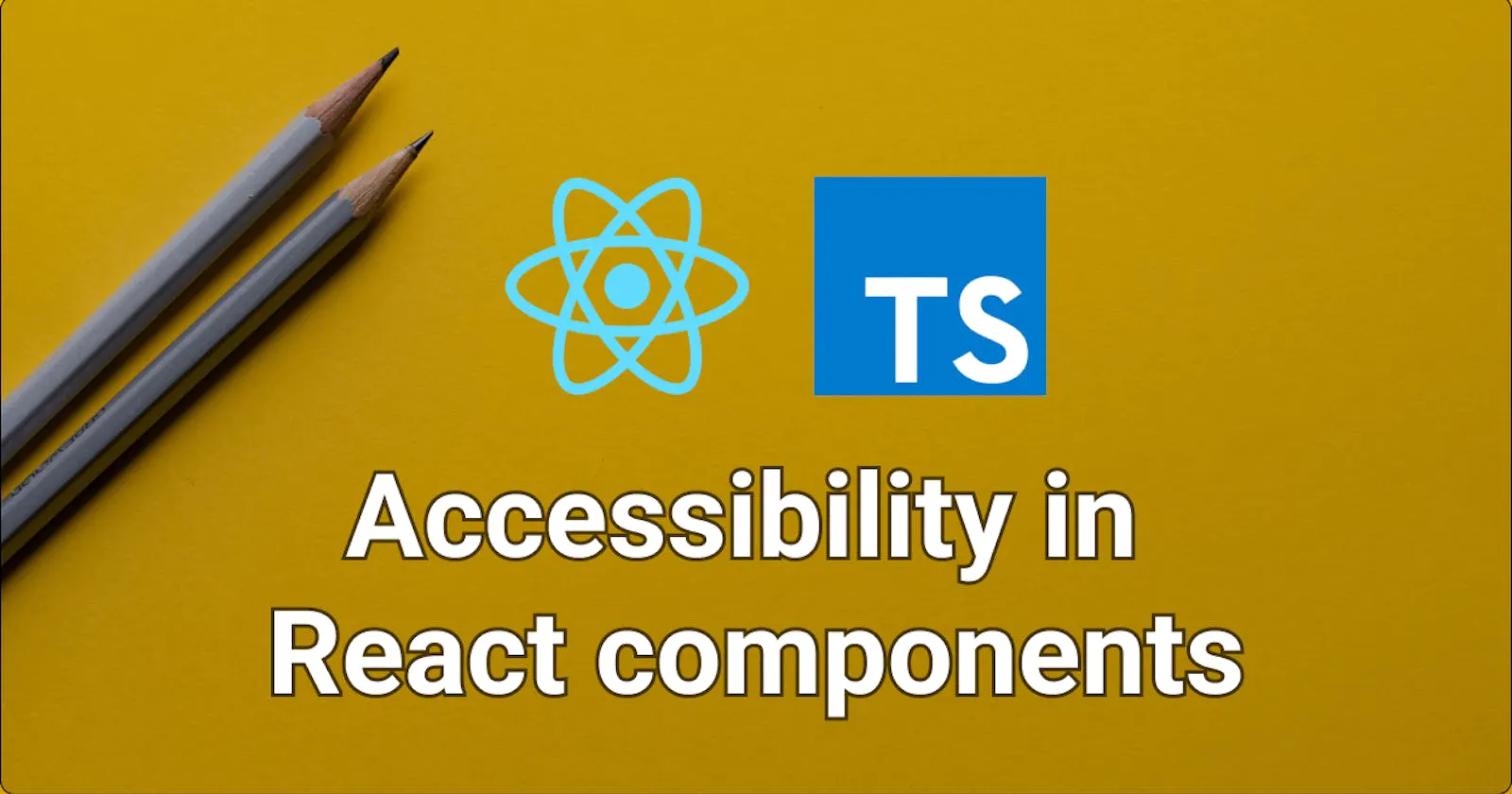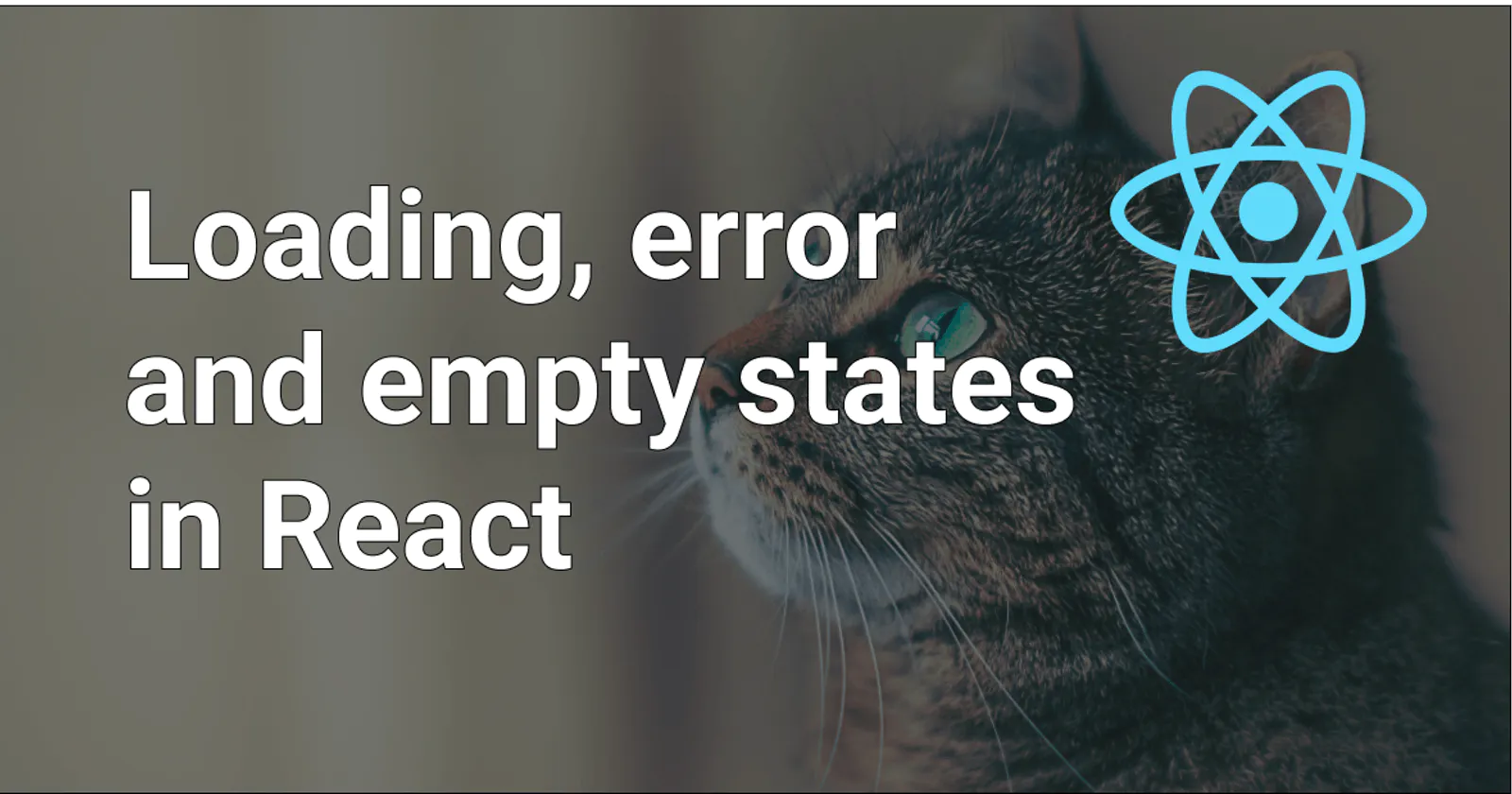
So, you want to become a web developer? Here are the lessons I learned along the way
Iva Kop
· 5 min read
I went from knowing nothing about coding to becoming a full-time web developer in 8 months. No bootcamps, no university degree. Here’s my advice to you!
Where to start
Becoming a web developer sounds really cool. And, for the most part, it is. It is a challenging and rewarding career where problem solving and creative thinking become part of our daily routine.
However, being a good developer requires a lot patience and focus. It means having the ability to think deeply and dive into technical topics and documentation for hours at a time. Programming is also very difficult, especially in the beginning, when everything seems new and incomprehensible.
So before spending tons of time (and possibly money) on courses, bootcamps and/or a university degree, test the waters. Make sure coding is something you enjoy. There are many easy ways to do this given the abundance of coding resources online. Here’s what I recommend.
Go to freeCodeCamp - the most awesome (and completely free) web development educational resource. If you, like me, enjoy it when things show up on a webpage, get started with Responsive Web Design. Otherwise, I suggest jumping straight into JavaScript Algorithms and Data Structures. This will give you a feeling of what coding feels like right away. In fact, freeCodeCamp’s curriculum is so comprehensive that it might be all you need to get hired as a junior dev. It worked for me! 🙂
If you feel you need additional resources or prefer a different approach, go for it! At least now you know what you are getting into.
Build real projects
Once you have a surface level understanding of JavaScript, start building projects right away. What I mean by that is not following step by step tutorials. Build your very own software solution by starting from scratch and working through the problems you encounter yourself. Obviously, you want to Google and dig into StackOverflow when you don’t know something.Тhis is what software development is like in the real world as well. Just avoid copy-pasting entire implementations. Initially, your solutions will be terrible. The goal at this stage is to make it work. Later on, through experience and feedback, it gets better.
In the interest of full disclosure, I will share one of the first projects I build with React - Conway’s game of life. The code is truly awful, I could barely resist fixing it up before posting it. 🙈 Also, if you are wondering why the link is from Codepen, it’s because I had no idea how to setup my own development environment yet. But the point is, it works! It would have been so easy to copy (or, get inspired by) someone else’s solution. But wrestling with the problem by myself (and managing to very imperfectly solve it at the end) made me realise what is so satisfying about software development in the first place - the rush you get when your program finally works! This is a powerful motivator. It is what keeps me coding today still.
So build several small projects and put them all together in a portfolio. If you want some ideas about what to create, check out freeCodeCamp’s Front End Libraries Projects suggestions, completed with user stories and hints. Having a portfolio with awesome projects will lend some credibility to your job application and will hopefully convince potential employers that you have mastered the basics. But this is not enough.
Sell your (non-tech) strengths
Lacking any programming experience or education, it is difficult to compete in the market for junior developer jobs. There must be some way to stand out, right? The good news is, to be a good developer, you need to be able to do more than just code. Communication, time management and team work, for example, are all essential skills in this field. And guess what? These kinds of “soft skills” are transferable across jobs. Chances are, you have already mastered a bunch of them.
As an illustration, before I became a developer, I used to be a project manager. Although my previous projects had nothing to do with tech, it turned out my skills were invaluable to my first employer - a small digital agency which relied heavily on developers to manage their own work.
Figure out what is it that you can do, apart from writing great code, that can make you a valuable addition to a team. Then take those skills and highlight them in the job application process - both in your resume and during interviews. It’s a recipe for success!
Happy coding! ✨
Join my newsletter
Subscribe to get my latest content by email.
I will never send you spam. You can unsubscribe at any time.

